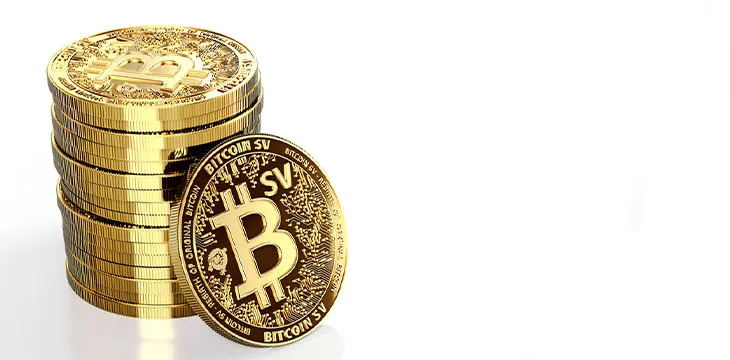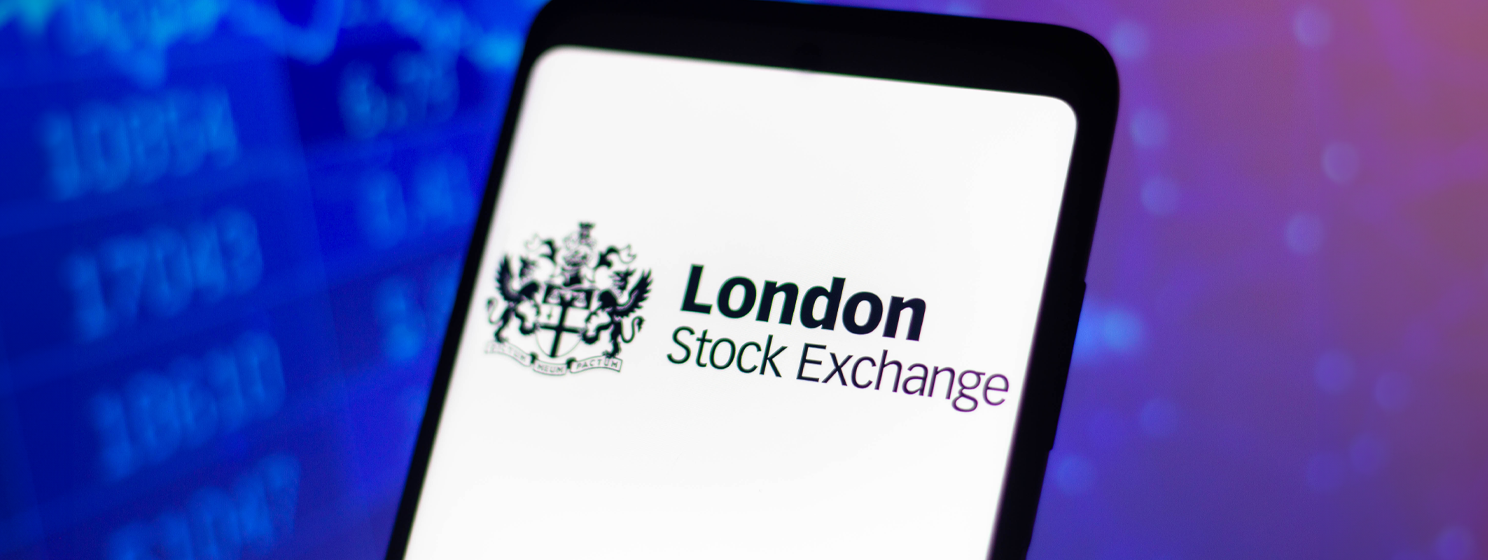|
Getting your Trinity Audio player ready...
|
After becoming frustrated with not being able to find any businesses that accept BSVs during his summer vacation, Marquez Comelab developed a website where BSV supporters from around the world can find businesses that accept BSVs. If you have a business that accepts BSVs, please list it on BSVSearch.com. Potential customers can filter their search by business type or industry, as well as by location, such as town, suburb, city, state, or province.
Are you hesitant to spend your BSVs because you bought them at a higher exchange rate or because there are few merchants and service providers accepting BSVs or any digital currency as payment? In this article, we will address these two problems and offer solutions.
As we established in a previous article, the price of Bitcoin is determined by its supply and demand. Its supply is fixed and encoded in the Bitcoin Protocol and cannot be influenced. The only factor we can control is the demand for BSV by using it for what we normally spend money on. However, there are two good reasons why people might not want to use and spend their BSVs currently:
(1) I do not want to spend my BSVs because they are now trading at a lower price than when I bought them.
(2) There are not many merchants offering goods and services in exchange for BSVs (or cryptocurrencies in general).
Let’s address these issues one by one.
REASON 1: I do not want to spend my BSVs because they are now trading at a lower price than when I bought them
This concern is understandable, especially during a bear market like the current one affecting Bitcoin and other digital currencies. At the time of writing, the market price for each BSV is between $40 and $50 U.S. dollars. If you bought your BSVs at a higher price and spend them now, you will realize a loss equal to the difference between the price you paid and the current market price. For example, if you bought a BSV for $100 and use it now to buy goods or services worth $50, you will realize a loss of $50. To avoid such losses, it makes sense not to spend BSVs that you purchased at a higher price than the current market price.
What can you do to help grow the BSV economy, which is crucial for the value of your remaining BSVs? One solution is to buy BSVs at the current exchange rate. For example, with $100, you can purchase two BSVs. You can then use those two BSVs to buy the goods or services you need within the next few days or weeks. For example, if you need a haircut from a barber like Stoney’s Barber Shop in Atlanta, Georgia, which accepts BSVs, you can use one BSV (roughly equal to $50 U.S. dollars) to pay for an hour’s appointment, which is their asking price. This way, you have not lost money on the fluctuating exchange rate of BSV and still received the $50 worth of service you needed. Additionally, you have added demand for the use of BSV, which helps push its demand curve to the right and adds pressure to BSV to appreciate against the U.S. dollar, potentially adding the value of the remaining BSVs you hold.
REASON 2: There are not many goods and services that I can buy because not many merchants and service providers accept BSVs (or digital currencies in general)
I can relate to this problem. Last summer, I was willing to buy BSVs to spend on things I would typically pay for in fiat currency, such as drinks at a cafe, meals at restaurants, bike rentals, or a few nights at a hotel or apartment. To support merchants and service providers willing to accept BSVs in exchange for their goods and services and help grow the BSV economy, I was prepared to buy BSVs with fiat currency using my credit card.
When I search on Google for nearby businesses accepting BSVs, that information is not readily available. This is expected because, for years, digital currencies—including BTC—could not service transactions globally. However, since Bitcoin SV (BSV) has reverted to the original Bitcoin protocol and is now capable of processing more transactions per second than VISA (100,000 vs. 65,000), it is now feasible for Bitcoin as BSV to be used as cash.
The next challenge is that only a few merchants, entrepreneurs, and business owners know that a Bitcoin implementation exists today that can lower their transaction costs and speed up their transactions. BSV also provides opportunities to price goods and services using micropayment transactions and to store, send, and receive data more efficiently. While merchants may not want to accept BSVs for all transactions if they are not comfortable earning all their income in BSVs, they can still accept BSVs for at least some of their revenues. For example, they can offer to take BSVs one day a week or only for a percentage of the stock they sell.
Conclusion
To summarize, the exchange rate of BSV has depreciated against fiat currency as many coins and assets have during bear markets worldwide. Spending BSVs now would result in a realized loss. It is natural to want to avoid this, so people may wait until BSV appreciates against the dollar before deciding to spend it.
However, there is a way to still grow the BSV economy even during these economic conditions. We can still buy BSVs with fiat currency now and use those BSVs to purchase goods and services from merchants and service providers willing to exchange their goods or services for BSV. Therefore, the next step is encouraging entrepreneurs, business owners, and service providers to start accepting BSVs. BSV supporters worldwide can support these merchants in these highly competitive times, where cost reduction and improved efficiency can make the difference between survival or failure.
Watch: The BSV Global Blockchain Convention presentation, Making Blockchain Easy for Real World Use

 09-19-2025
09-19-2025 





